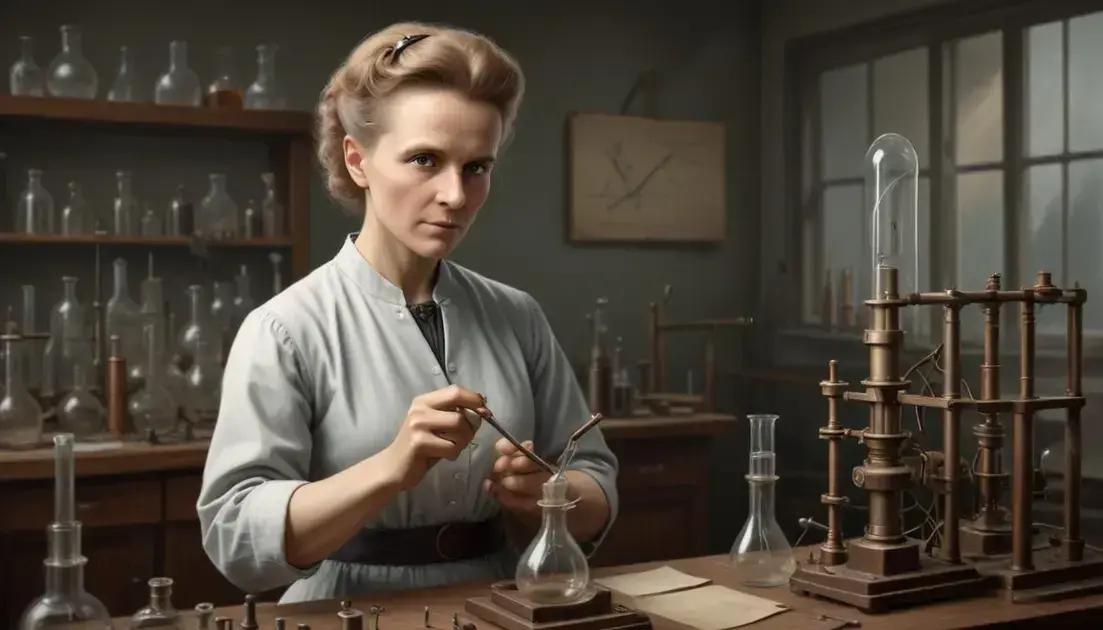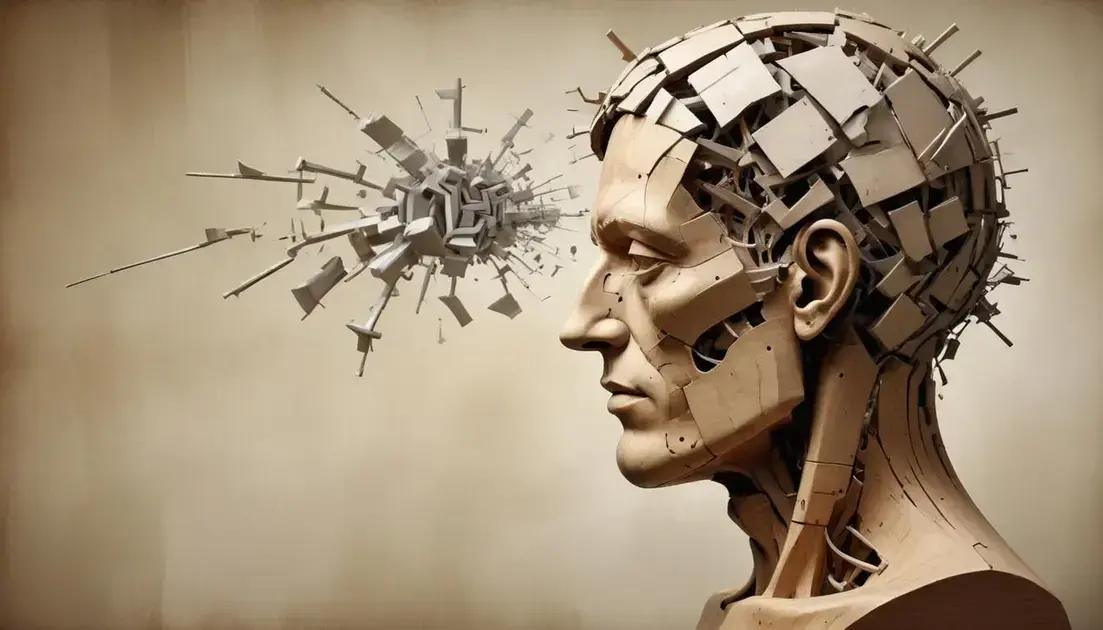
Marie Curie: Pioneer of Radioactivity and First Female Nobel Prize Winner
Marie Curie was a pioneering scientist who made groundbreaking discoveries in radioactivity, earning two Nobel Prizes for her work. She is best known for discovering polonium and radium, which significantly advanced medicine, particularly in cancer treatment. Curie’s legacy continues to inspire generations of scientists, especially women, and her contributions have reshaped our understanding of atomic science and its applications in healthcare.
When it comes to groundbreaking scientists, Marie Curie stands out. Her incredible discoveries in radioactivity changed the face of modern science. Wouldn’t you want to know more about her amazing journey?
Marie Curie’s Early Life and Education
Marie Curie was born in Warsaw, Poland, in 1867. Her early life was shaped by a love of learning. She was the youngest of five children in her family. Marie’s parents were both teachers, and they encouraged her curiosity.
Despite facing many challenges, Marie excelled in school. She showed great talent in math and science from a young age. However, as a woman, she faced barriers to her education. At that time, women could not attend universities in Poland.
To pursue her dream, Marie moved to Paris in 1891. There, she enrolled at the University of Paris, known as the Sorbonne. Life in Paris was tough. She struggled with money and worked long hours to support herself.
While studying, Marie became passionate about physics and chemistry. She spent countless hours in the laboratory, conducting experiments. Her hard work paid off when she earned her degree in physics in 1893 and in mathematics in 1894.
Marie Curie’s early life and education laid the foundation for her incredible career. Her determination and love for science drove her to achieve remarkable things in a time when it wasn’t easy for women to do so.
Groundbreaking Discoveries in Radioactivity
Marie Curie made some of the most important discoveries in science. Her work on radioactivity changed how we understand atoms. In 1898, she discovered two new elements, polonium and radium. This was a major breakthrough in the study of radiation.
Curie used careful methods to isolate these elements. She spent long hours in her laboratory, often in challenging conditions. It’s remarkable to think about her dedication and hard work during that time.
Polonium was named after her homeland, Poland. Radium is known for its bright glow. It helped scientists learn more about the structure of atoms. Curie’s research showed that atoms could decay and release energy.
The effects of her work went beyond science. Radioactivity also opened doors in medicine. Today, doctors use radioactive materials to treat cancer. It’s amazing how Marie Curie’s discoveries still impact us.
She was the first woman to win a Nobel Prize and the only person to win in two different sciences: Physics and Chemistry. Her discoveries paved the way for future scientists and laid the groundwork for modern physics.
Achieving Nobel Prizes and Their Impact
Marie Curie made history by winning two Nobel Prizes. She won her first Nobel Prize in Physics in 1903. This was for her work on radioactivity alongside her husband, Pierre Curie, and Henri Becquerel.
Curie’s second Nobel Prize came in Chemistry in 1911. This award was for her discoveries of polonium and radium. She was the first woman to earn a Nobel Prize and the only person to win in two different sciences.
Her achievements opened the door for women in science. At a time when women were often excluded from laboratories and universities, Marie Curie showed that they could excel. She became a role model for future generations of scientists, especially women.
Winning these prizes had a big impact on the scientific community. It raised awareness about the importance of research in radioactivity. Her work led to advancements in medicine, physics, and chemistry.
Marie’s influence goes beyond her discoveries. She inspired many young scientists to pursue their dreams. Her dedication to research and teaching helped make science more accessible to everyone.
Curie’s Nobel Prizes are a reminder of her brilliance and determination. Her legacy continues to influence science today.
Legacy and Influence on Science and Medicine
Marie Curie’s legacy is immense in the fields of science and medicine. She opened new doors with her discoveries. Her work on radioactivity remains influential even today. Many scientists build on her research to advance modern science.
Curie’s discoveries of polonium and radium led to important medical applications. For example, cancer treatments now use radioactive materials to help fight the disease. Her pioneering work helped develop radiation therapy, which saves lives.
Curie also impacted how we understand atomic science. Her methods for isolating radioactive elements are still used in labs. She showed that rigorous research and innovation lead to great breakthroughs.
Beyond her scientific achievements, Marie Curie inspired many people. She proved that passion and hard work could overcome barriers. Today, she is a role model for young scientists, especially women in STEM.
Her influence also encourages more women to pursue careers in science. Curie’s story shows that women can achieve remarkable things in fields where they were historically underrepresented.
In many ways, Curie shaped the future of health and medicine. Her dedication to research helped create treatments we use today. Her legacy continues to resonate, reminding us of the power of scientific discovery.
Conclusion
In conclusion, Marie Curie’s contributions to science and medicine are truly remarkable. Her groundbreaking work on radioactivity opened new avenues for research and medical treatment. She not only advanced our understanding of atomic science but also made a lasting impact on cancer therapies used today.
Curie’s legacy encourages young scientists, especially women, to pursue their dreams without limits. Her story shows that passion and hard work can lead to incredible achievements. Today, we continue to benefit from her discoveries and the advancements that followed.
Overall, Marie Curie’s influence is a powerful reminder of what dedication to science can achieve. Her courage and contributions inspire future generations to explore the world around them and innovate for a better tomorrow.


